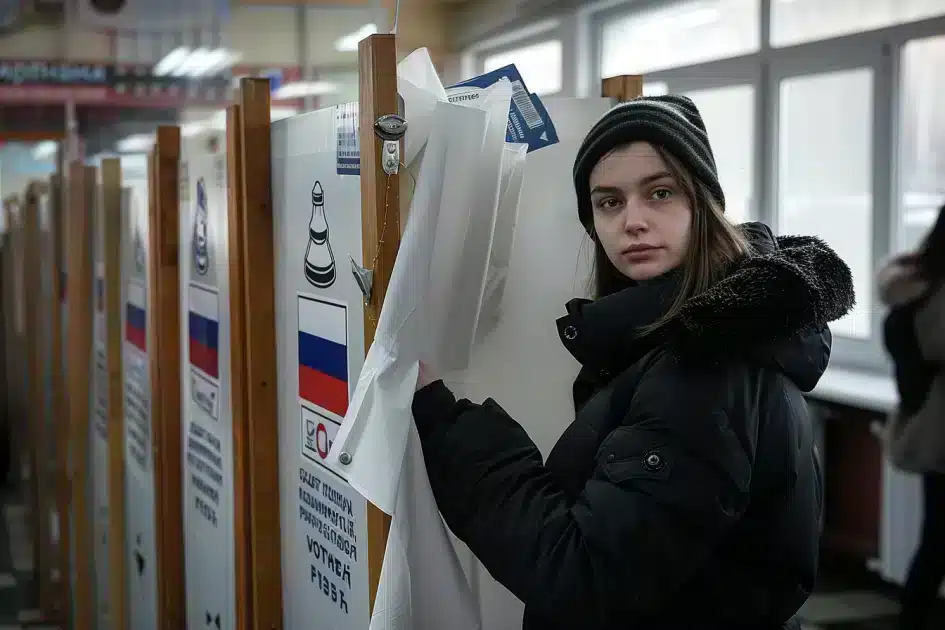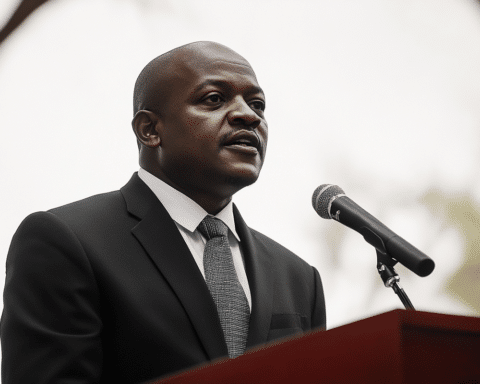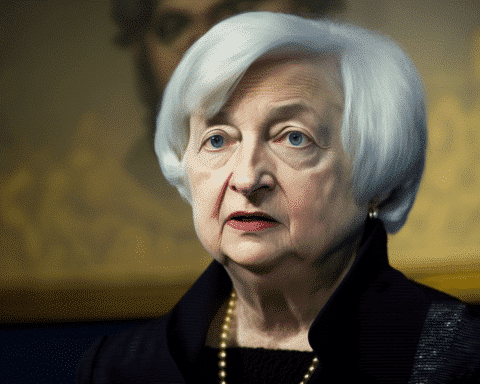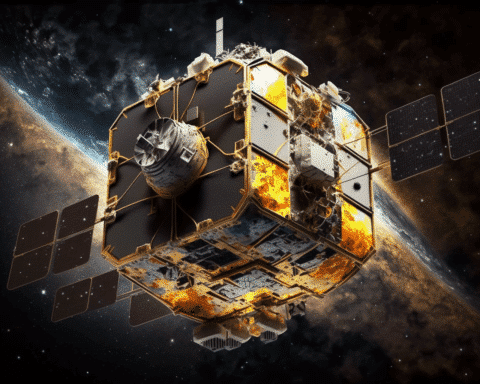In a nation where the echoes of dissent are stifled beneath the weight of autocracy, Russia commenced a three-day electoral process on Friday, a presidential election anticipated to fortify President Vladimir Putin’s dominion for an additional six years. This event unfolds in a milieu where Putin’s relentless crackdown on dissent has rendered the electoral outcome a foregone conclusion. Amidst this backdrop, the election has been marred by instances of defiance, with reports surfacing of vandalism at polling stations—a silent protest symbolized by the pouring of green liquid into ballot boxes, harking back to the assault on opposition leader Alexei Navalny in 2017.
The election is shadowed by a sweeping clampdown that has left independent media and leading rights organizations incapacitated, effectively ensuring Putin’s unchallenged control over the political landscape. Concurrently, Russia’s engagement in the Ukraine conflict persists, introducing a complex layer to the electoral narrative as Moscow exhibits incremental military gains even as Ukraine’s counterstrikes reveal vulnerabilities within Russian territories.
The electoral process, extending from Friday through Sunday across Russia’s expansive time zones, including territories annexed unlawfully from Ukraine, has been officially described as orderly. However, isolated acts of dissent, such as the hurling of a Molotov cocktail in St. Petersburg and the sabotage of voting booths in Moscow, underscore the dangerous lengths to which individuals will go to express opposition despite the severe legal repercussions.
At the heart of this electoral spectacle stands Putin, vying for his fifth term, virtually unopposed. His political adversaries are either incarcerated or exiled, with Navalny, his most formidable challenger, having met a grim fate in an Arctic penal colony. The presence of token opposition figures on the ballot does little to camouflage the election’s predetermined outcome, drawing scornful commentary from international observers like European Council President Charles Michel, who sardonically congratulated Putin on his anticipated victory, highlighting the absence of opposition, freedom, and choice.
The lack of significant international oversight further compromises the election’s legitimacy, with no notable observers present and independent monitoring severely restricted. This scenario paints a grim picture of an electoral process devoid of transparency, where the Kremlin’s hegemony over the ballot ensures a veneer of legitimacy to Putin’s rule.
The elections, however, are not merely a ceremonial reaffirmation of Putin’s reign but a litmus test for the Kremlin’s narrative on the Ukraine conflict. Opposition figures and political analysts perceive the election as an opportunity to voice dissent against both the war and Putin’s administration, despite the orchestrated absence of any real electoral choice concerning Russia’s military engagement in Ukraine.
As Russia stands at this electoral crossroads, the chasm between the citizenry and the echelons of power has never been more pronounced. The strategies employed by Russia’s beleaguered opposition, including Navalny’s posthumous call for electoral protest, signify a desperate plea for visibility and dissent in an atmosphere suffocated by authoritarian control. The muted electoral campaign, characterized by its lack of vigor and the passive participation of pro-Kremlin candidates, reveals a strategic pivot towards coercing a controlled segment of the electorate rather than galvanizing widespread involvement.
Russia’s presidential election encapsulates the paradox of a political spectacle marred by predetermined outcomes and a systemic quelling of dissent. While the Kremlin seeks to project an image of unwavering support for Putin’s policies, particularly towards Ukraine, the undercurrents of resistance and the acts of defiance at polling stations serve as a poignant reminder of the resilience of dissenting voices, however marginalized. As Russia navigates through this orchestrated electoral process, the international community watches closely, bearing witness to the enduring struggle for freedom and democracy in the face of overwhelming autocracy.




